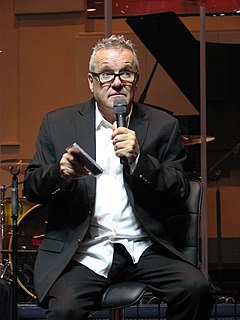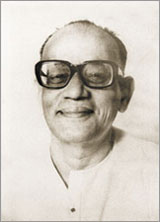A Quote by Lucius Annaeus Seneca
The first and greatest punishment of the sinner is the conscience of sin.
Quote Topics
Related Quotes
The cliché, God hates the sin but love the sinner, is false on the face of it and should be abandoned. Fourteen times in the first fifty Psalms alone, we are told that God hates the sinner, His wrath is on the liar, and so forth. In the Bible, the wrath of God rests both on the sin (Romans 1:18ff) and on the sinner (John 3:36).
Sannyas is celebration of life, and sin is natural: natural in the sense that you are unconscious - what else can you do? In unconsciousness, sin is bound to happen. Sin simply means that you don't know what you are doing, you are unaware, so whatsoever you do goes wrong. But to recognize that "I am a sinner" is the beginning of a great pilgrimage. To recognize that "I am a sinner" is the beginning of real virtue. To see that "I am ignorant" is the first glimpse of wisdom.
What are you to do? You are always to remember that you are the child of a Great Father. You must not think that you are a sinner, that you are a degraded person. If you think that you are a sinner, it means you are meditating on sin! When sin has become the object of your meditation, you will become a sinner, because a person becomes just like the object of his or her ideation. We become the object of our meditation.










































